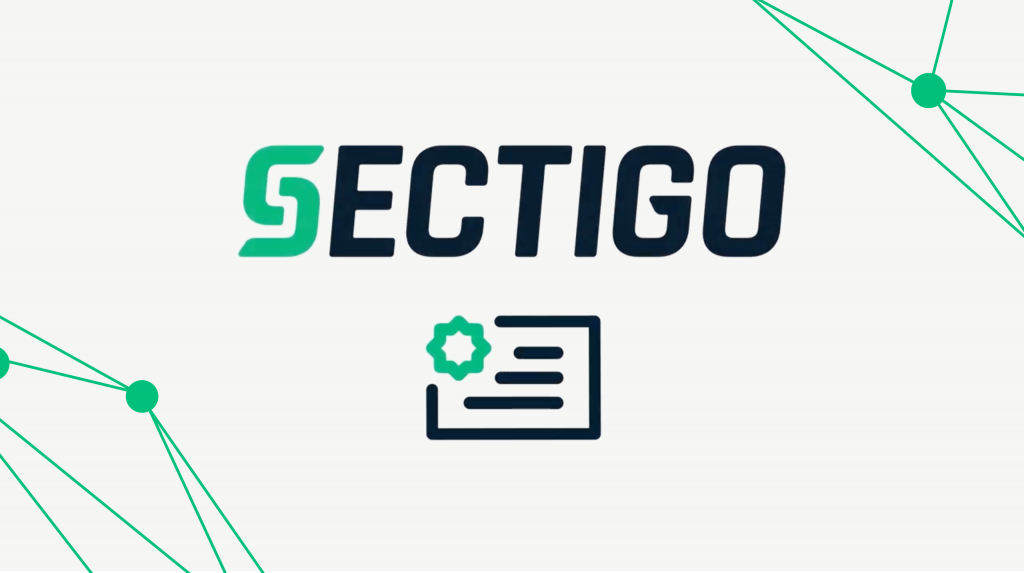
Sectigo, the world’s largest commercial Certificate Authority (CA) and a provider of purpose-built and automated PKI management solutions, today released integrations with five of the most popular DevOps configuration management and container orchestration platforms. The additions of Docker, Kubernetes, Ansible, Terraform, and soon HashiCorp Vault, deliver the industry’s most comprehensive PKI solution for DevOps. This unique combination of solutions will immediately help IT teams ensure their DevOps environments follow accepted security practices, meet compliance and auditability requirements, and provide crypto agility.
“All sizeable enterprises either use or are implementing DevOps today,” said Lindsay Kent, VP of Product Management, Sectigo. “As they do so, these enterprises are also finding that they suddenly need to become PKI experts and must roll out their own PKI to ensure identity for containers and related services.”

This exercise puts the enterprise in jeopardy as IT generalists must suddenly select, configure, and implement public key schemes without the benefit of background in this specialized field. Considerations like key size, certificate term length, and code deployment process all affect the security and compliance of containerized environments. As operations spin up DevOps environments, they often find themselves forced to make decisions about these and other aspects of PKI even though they may not understand the full consequences of these choices.
To sum up, Sectigo’s latest integrations to its Certificate Management platform include:
- Docker – Allows DevOps teams to more easily create, deploy and run applications. By integrating with Docker, Sectigo can issue short lived public or private certificates to the applications running inside the Docker container.
- Kubernetes – Automates scaling, managing, updating, and removing containers, giving IT teams the flexibility needed to deliver applications consistently, no matter the size of the enterprise. Sectigo’s Kubernetes integration would enable “seamless” certificate issuance and management using the Kubernetes native certificate controller.
- Ansible – Ansible-based automation aids lifecycle management for large certificate volumes in heterogeneous environments. Sectigo’s Ansible module would eliminate complex security decision making and provide a transparent, platform-agonistic user experience for provisioning and managing TLS and client certificates.
- Terraform – This open-source tool creates, changes, and improves infrastructure. Sectigo’s Terraform integration enables the enrollment, collection, and revocation of certificates. Paired with HashiCorp Vault, Terraform provides secured storage for certificates and keys.
- HashiCorp Vault – HashiCorp Vault centrally manages and enforces access to secrets and systems based on trusted application sources and user identities. Sectigo Certificate Manager can assign certificates to applications protected by Vault and store keys and certificates used in DevOps environments. READ MORE HERE